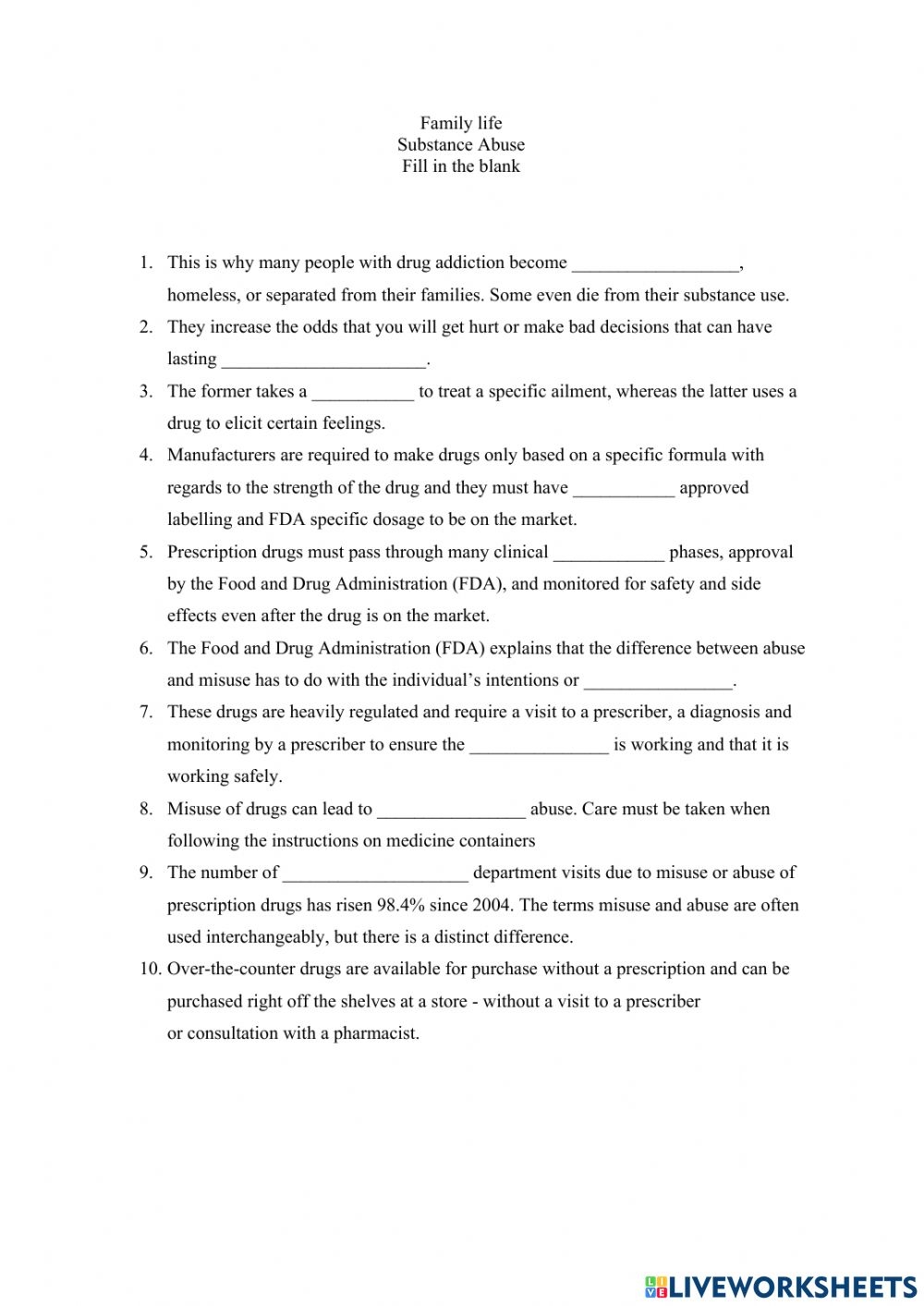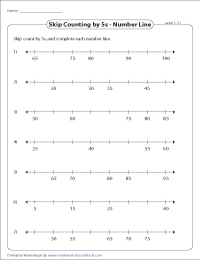5 Ways to Identify Your Locus of Control

Understanding the concept of locus of control is essential for personal growth and development. It plays a significant role in shaping our behavior, motivation, and overall well-being. But what exactly is locus of control, and how can we identify ours?
What is Locus of Control?
Locus of control refers to the degree to which individuals believe they have control over events that affect their lives. It is a concept developed by Julian Rotter in 1954, which categorizes people into two main groups: those with an internal locus of control and those with an external locus of control.
People with an internal locus of control believe that their actions, decisions, and efforts determine their success or failure. They feel in control of their lives and believe that they can influence the outcome of events.
On the other hand, individuals with an external locus of control believe that their lives are controlled by external factors, such as chance, fate, or other people. They feel that their actions have little impact on the outcome of events.
Why is Locus of Control Important?
Understanding your locus of control is crucial because it can impact various aspects of your life, including your motivation, self-esteem, and mental health. People with an internal locus of control tend to be more motivated, resilient, and confident, whereas those with an external locus of control may feel helpless, anxious, or depressed.
5 Ways to Identify Your Locus of Control
So, how can you determine your locus of control? Here are five ways to help you identify yours:
1. Self-Reflection
Take some time to reflect on your thoughts, feelings, and behaviors. Ask yourself:
- Do I believe that my actions can influence the outcome of events?
- Do I feel responsible for my successes and failures?
- Do I blame external factors, such as luck or other people, for my circumstances?
Be honest with yourself, and pay attention to your inner dialogue. If you find that you often blame external factors or feel powerless, you may have an external locus of control.
2. Observe Your Language
Pay attention to the words you use when describing events or situations. Do you use phrases like:
- “I made it happen.”
- “I’m in control.”
- “I can do it.”
Or do you use phrases like:
- “It was meant to be.”
- “I was lucky.”
- “It’s out of my hands.”
If you notice that you often use external language, it may indicate an external locus of control.
3. Assess Your Behavior
Observe your behavior in different situations. Do you:
- Take initiative and make decisions?
- Set goals and work towards achieving them?
- Feel motivated to improve your circumstances?
Or do you:
- Wait for others to take the lead?
- Feel overwhelmed by challenges?
- Give up easily when faced with obstacles?
If you notice that you often struggle with motivation or feel helpless, it may indicate an external locus of control.
4. Evaluate Your Reactions to Failure
How do you react when faced with failure or setbacks? Do you:
- Take responsibility for your mistakes?
- Learn from your failures and try again?
- Feel motivated to improve and do better next time?
Or do you:
- Blame external factors, such as bad luck or other people?
- Feel defeated and give up?
- Become discouraged and lose motivation?
If you notice that you often react negatively to failure, it may indicate an external locus of control.
5. Seek Feedback from Others
Ask people close to you, such as friends or family members, how they perceive your locus of control. Ask them:
- Do you think I take responsibility for my actions?
- Do you think I feel in control of my life?
- Do you think I’m motivated to improve my circumstances?
Their feedback can provide valuable insights into your locus of control.
🤔 Note: Keep in mind that your locus of control can vary across different situations and contexts. It's essential to consider multiple perspectives and reflect on your thoughts, feelings, and behaviors in different areas of your life.
By using these five methods, you can gain a better understanding of your locus of control and identify areas where you may need to make adjustments. Remember, having an internal locus of control can have a significant impact on your motivation, self-esteem, and overall well-being.
To cultivate an internal locus of control, focus on developing a growth mindset, taking responsibility for your actions, and practicing self-compassion. With time and effort, you can shift your locus of control and take control of your life.
In summary, understanding your locus of control is essential for personal growth and development. By using the five methods outlined above, you can identify your locus of control and make adjustments to cultivate a more internal locus of control. Remember, having control over your life can lead to greater motivation, self-esteem, and overall well-being.
What is the difference between an internal and external locus of control?
+Individuals with an internal locus of control believe that their actions, decisions, and efforts determine their success or failure. Those with an external locus of control believe that their lives are controlled by external factors, such as chance, fate, or other people.
How can I cultivate an internal locus of control?
+To cultivate an internal locus of control, focus on developing a growth mindset, taking responsibility for your actions, and practicing self-compassion. Additionally, set goals, work towards achieving them, and learn from your failures.
Can my locus of control change over time?
+Yes, your locus of control can change over time. It’s possible to shift from an external to an internal locus of control by developing a growth mindset, taking responsibility for your actions, and practicing self-compassion.



